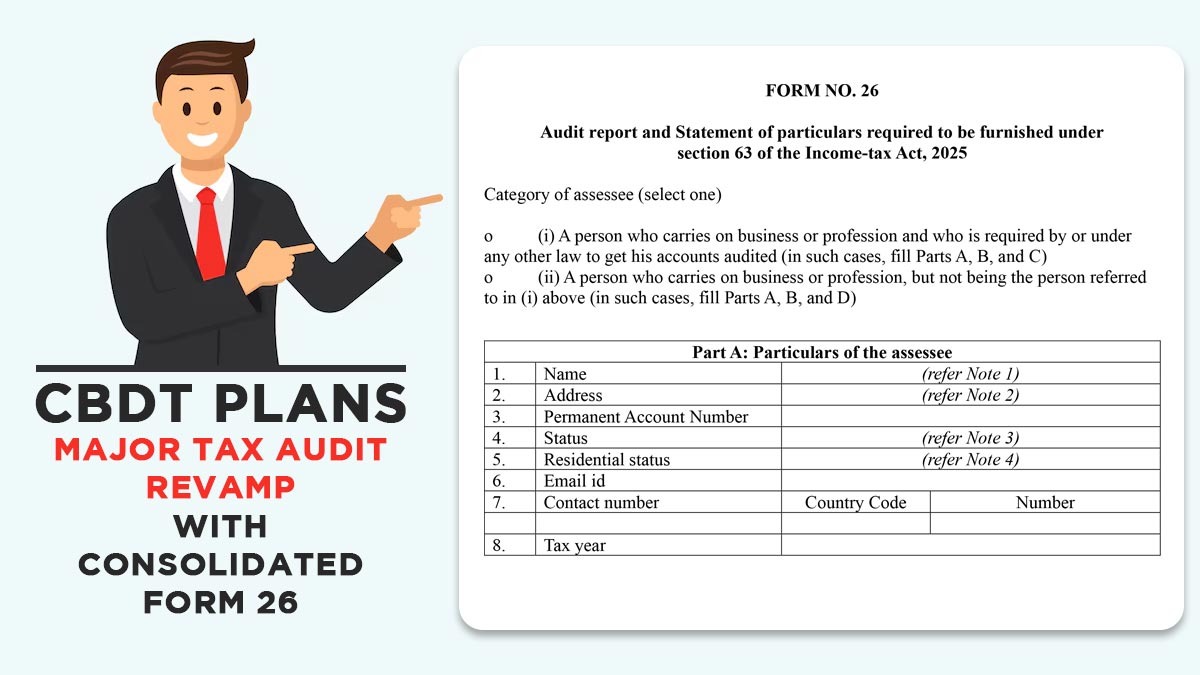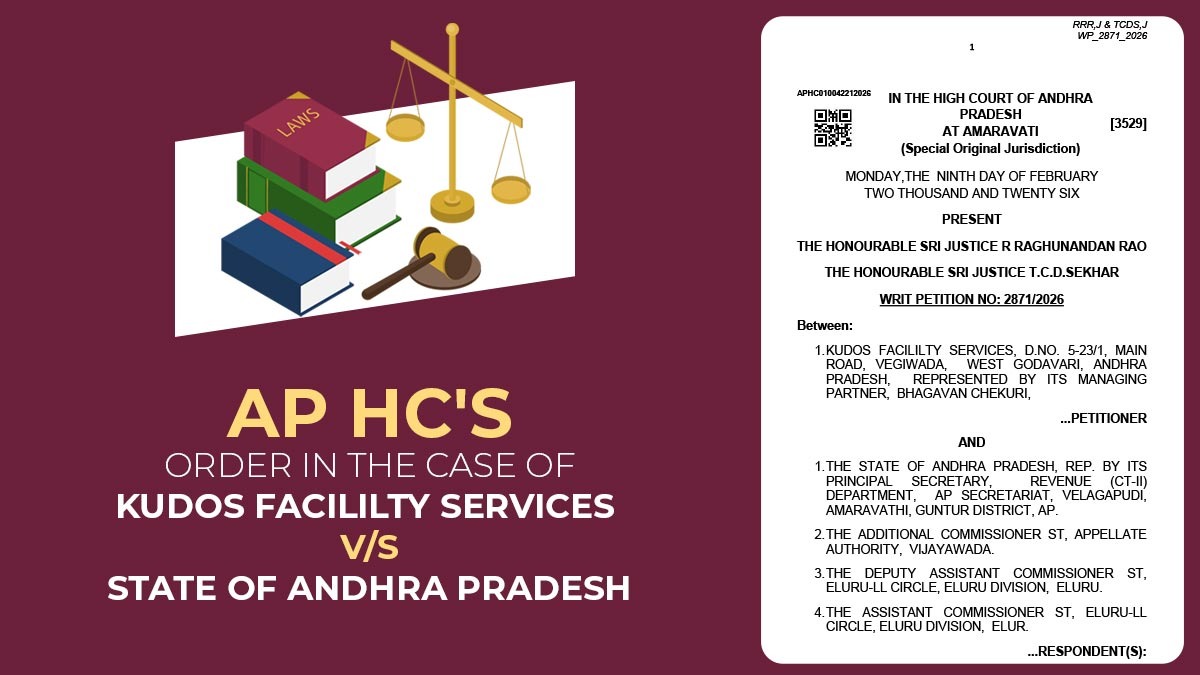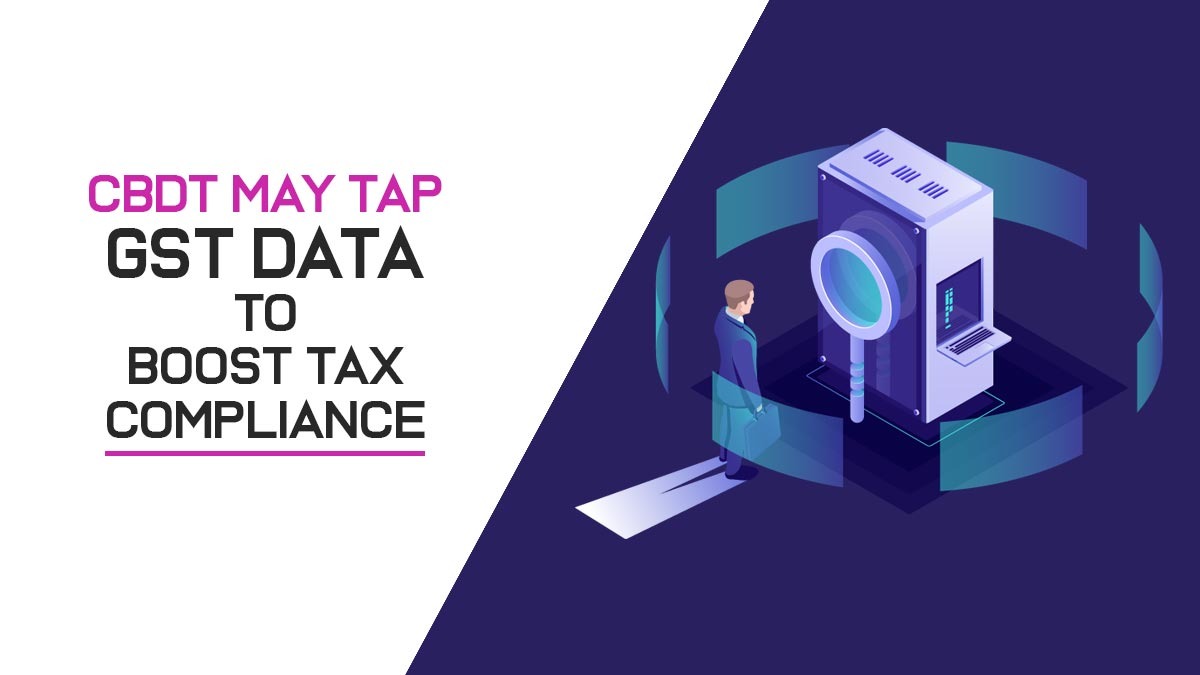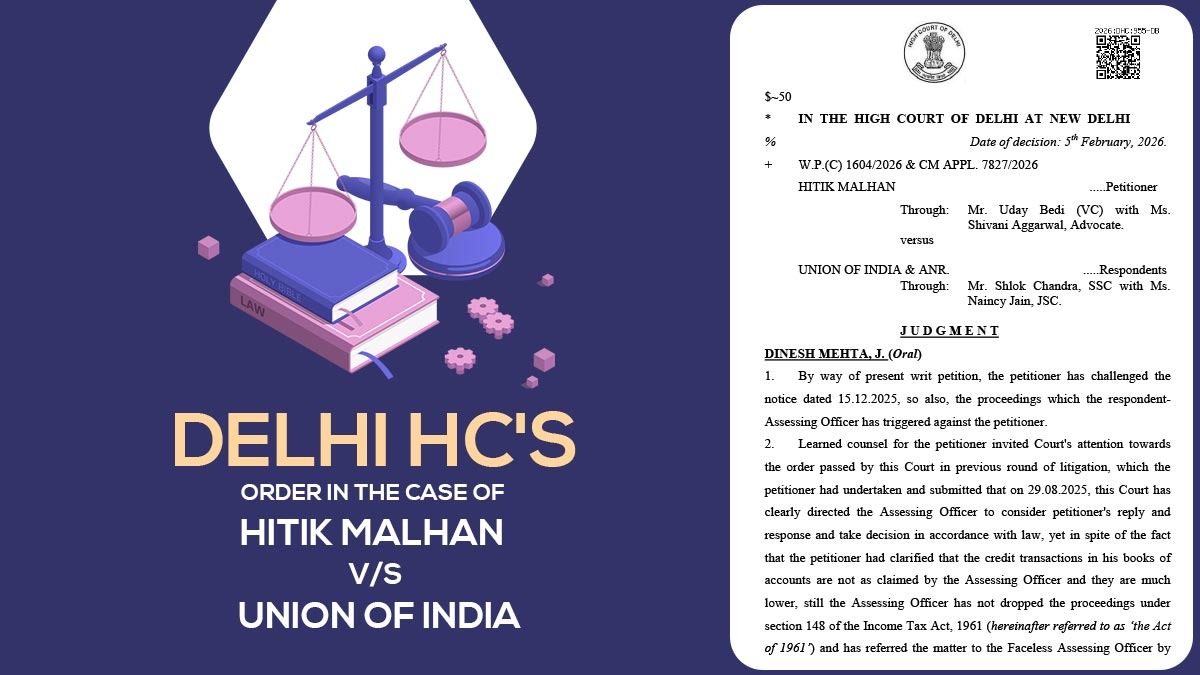The current sorry state of the once flourishing Surat’s Textile Industry can be attributed to the policies of the State Government. The State Government’s plan to set up a Textile University in Surat is yet to go on floors. The Commercial Electricity rates in Gujrat are on the higher side and this further burdens the Textile Industry in a competitive market. The State Government must take a cue from the neighbouring state of Maharashtra where the Government has initiated many policies and incentives for supporting as well as encouraging the textile manufacturers.
Small-scale weavers are the most affected by the GST. Earlier no tax was levied on the industry. But the complexities associated with GST and the recurring loss has forced large-scale migration of people from this industry to other. Many weavers have sold their businesses and even land to avoid future losses. The last three years have witnessed a large-scale migration of businessmen and workers from the textile industry to other avenues of income. e About 50 thousand people connected to the Power Loom industry and more than two lakh workers are said to have made the switch over.
ITC or Input Tax credit can be claimed on nine thousand commodities in the country but unfortunately for the weavers, the government has stopped refund of more than Rs. 500 crores. Many promises were made during the early stages of GST but they have all turned out to be hollow. Ashok Jirawala, Head of Federation of Gujarat Weaver’s Association, said, ”The Anti-Profiteering Committee set up by the GST Council has also failed to deliver on its objective. GST was reduced on many items, but its benefits did not reach the people. Some spinners and yarn producers took advantage of it.” Despite the benefits, it would be difficult for small and medium scale business to carry the GST burden for long.
Some traders believe that the Government’s claims of doubling export are a mockery of the facts. The Government’s steps are in sharp contrast to its objective. Refund of Tax Credits has been blocked. Textile Industry is the most affected by the multiple tax slabs. With GST levied separately on the raw material and the work done on it, weaver, processors, raw material suppliers as well as embroidery workers await repayment of thousands of crores tax credit. GST is levied on both the job work and the raw materials.
Besides the increasing fuel prices as well as increased per unit electric charge has forced textile traders to increase their cost prices to manage expenses as well as daily operations. This has to be reflected in the price of the finished goods. The increased manufacturing cost means that the exports would be affected.










